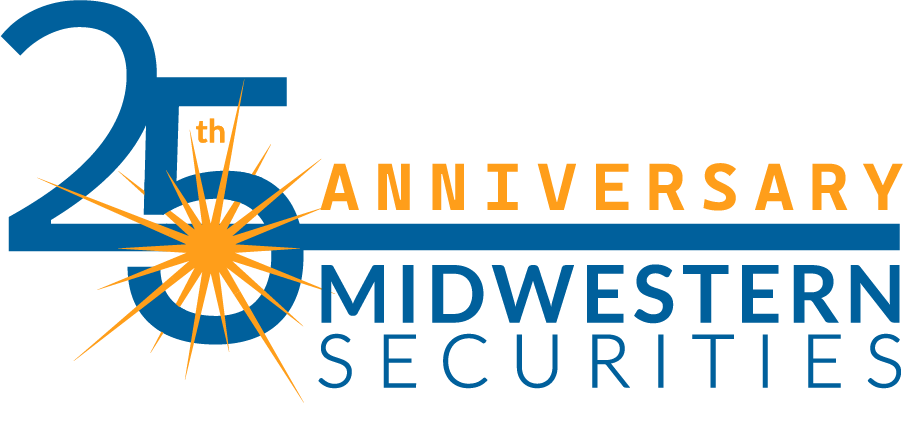In this episode of Banking on Growth, host Mike Graham welcomes Jeff Weber, Chief Compliance Officer at Midwestern Securities, for a compelling conversation on compliance, community banking, and the real-world challenges of protecting older investors. With over 30 years in the industry, Jeff brings clarity and urgency to a topic that’s impacting financial institutions across the country: elder financial exploitation.
From romance scams to crypto cons, Jeff outlines how his team works with community banks, advisors, and regulators to spot red flags, prevent losses, and build a compliance-first culture that keeps both clients and institutions safe.
What You’ll Learn from This Episode
Elder Financial Exploitation: A $28.3 Billion Crisis
Jeff opens with a sobering statistic—$28.3 billion is lost each year to senior financial fraud, according to AARP. And that only reflects the cases reported. With scams evolving quickly, especially those using AI, many older adults fall victim without ever saying a word. Jeff stresses that education, awareness, and direct advisor-client conversations are key to stopping losses before they happen.
Why Friends and Family Are Often the Risk
While many assume scammers are anonymous criminals online, Jeff reveals that most elder financial abuse cases involve people the victim knows—caregivers, family members, or those with legal authority like power of attorney. That proximity makes detection more difficult and prevention more critical. Financial institutions need both vigilance and the courage to ask hard questions when something feels off.
Collaboration at the Front Lines of Fraud Prevention
Jeff explains how Midwestern’s model—partnering with local community banks and credit unions—creates a collaborative environment where bank staff and advisors work closely to spot unusual behavior. This partnership enables early alerts and holds on transactions when something looks suspicious. Through FINRA's new rules, firms can now legally delay disbursements to investigate potential scams, buying valuable time to stop fraud in its tracks.
Real Scenarios, Real Lessons
Jeff shares two powerful case studies. In one, a man tried to send $12,000 to a woman he believed was stranded at an airport overseas. Thanks to internal alerts and collaboration between the bank and Midwestern Securities, the transaction was paused, flagged, and ultimately blocked. In another case, a client withdrew $100,000 claiming it was for a family vacation—only to later admit it was for a crypto scam. He returned days later seeking to withdraw $450,000 more. This time, the advisor was ready and stopped the transaction, but the first $100,000 was lost. These examples underscore the importance of close advisor relationships and responsive compliance teams.
Beyond Red Flags: Building a Culture of Compliance
- Hands-On Compliance Support: Jeff and his team work directly with advisors, bank presidents, and program managers—not from a distance but in person.
- Heightened Supervision Plans: When repeated issues arise, Midwestern initiates corrective action plans lasting 6 to 12 months with oversight and education.
- Routine Audits: Branches are audited either annually or on a three-year cycle, checking documentation, email compliance, and communication records.
- Proactive Scorecards: A monthly scorecard tracks compliance activity and is reviewed weekly to monitor trends and address risks quickly.
- Regulatory Reputation: Operating on a four-year FINRA audit cycle reflects Midwestern’s clean record, limited disclosures, and culture of transparency.
Find this episode on one of these channels:
- Apple Podcasts
- Spotify
- Amazon Music
- Podcast Index
- Podcast Addict
- Podchaser
- Pocket Casts
- Deezer
- Listen Notes
For more information on strengthening your retail wealth management division, contact us, and let’s start talking!
